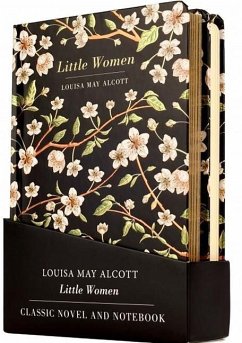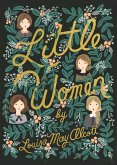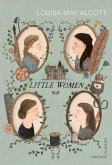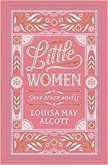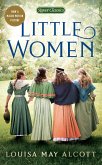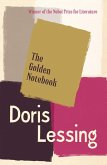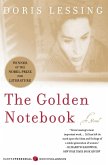This gift pack contains both the hardcover classic novel and a matching ruled hardcover notebook in a one quarter slipcase. Bringing one of the world's most beautiful editions of the classic novel, Little Women by Louisa May Alcott, and a lined writing journal with a matching cover, in one beautifully presented gift package. Little Women was, and remains, Alcott's best-known and most widely read work. It was her first novel and was so popular that her audience demanded sequels, a request that Alcott fulfilled, although most readers believe that Little Women is the most compelling of Alcott's novels about the March family. Little Women is a well-told story that features suspense, humour, and engaging characters, as well as lessons about the importance of honesty, hard work, true love, and family unity. Brilliant in its portrayal of nineteenth-century American family life, the novel depicts a secure, placid world in which the home serves as the centre for children's religious and moral education. The novel opens, with the four girls--the oldest, Meg (sixteen), tomboyish Jo (fifteen), sweet Beth (thirteen), and the youngest, Amy (twelve)--are sitting around the hearth contemplating a Christmas without presents, for their father is away serving as chaplain for a unit of men fighting in the Civil War, and the family has very limited funds. From this opening dialogue, a reader gets insights into the basic personality types of the various characters. Meg feels most strongly the family's limited resources. It is she who struggles hardest with envy of the wealthier girls in town. Jo is the most spirited of the lot, physically the most active and psychologically the most independent; she nevertheless is most comfortable when she is safely ensconced within the family circle of Marmee (the girls' nickname for their mother) and the four girls. Beth is the sweetest and most generous of the girls, the one who complains least and tries hardest to ease the difficulties of the others. She is the character whom some readers think is really too good to be true. As might be expected, she dies an early death, as if she is too good for this world. The youngest, Amy, has rather grand visions of herself but these are tempered as she tests her artistic skills abroad and eventually marries the boy next door. In Alcott's novel, the family--as the most important of social units--gives its members strength to overcome life's obstacles and teaches them the value of selflessness. Mrs. March, in particular, exemplifies the courage and perseverance necessary to hold the family together through war and death. Although the novel ends happily, it in many ways marks a departure from simplistic, romantic nineteenth century fiction for young adults. Alcott's characters change in response to serious life-events; their positive but realistic attitudes inspire readers to identify their own strengths in the face of pain and adversity. Chiltern creates the most beautiful editions of the World's finest literature. Your favourite classic titles in a way you have never seen them before: the tactile layers, fine details and beautiful colors of these remarkable covers make these books feel extra special and look striking on any shelf.

